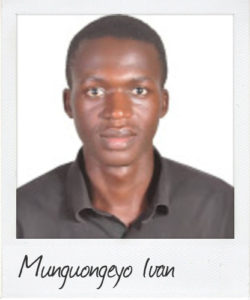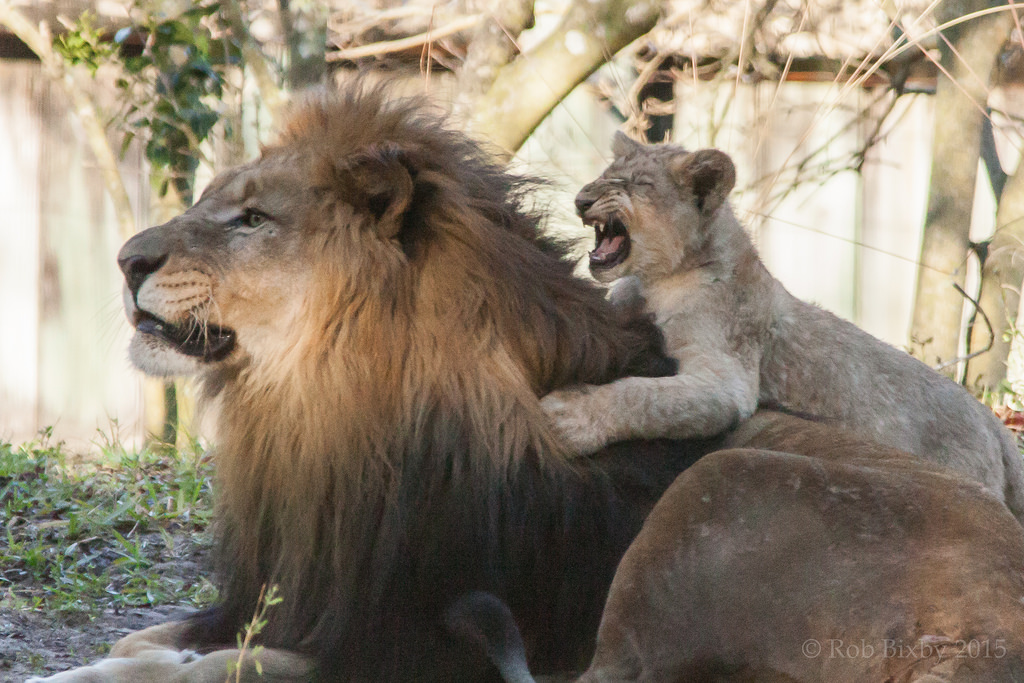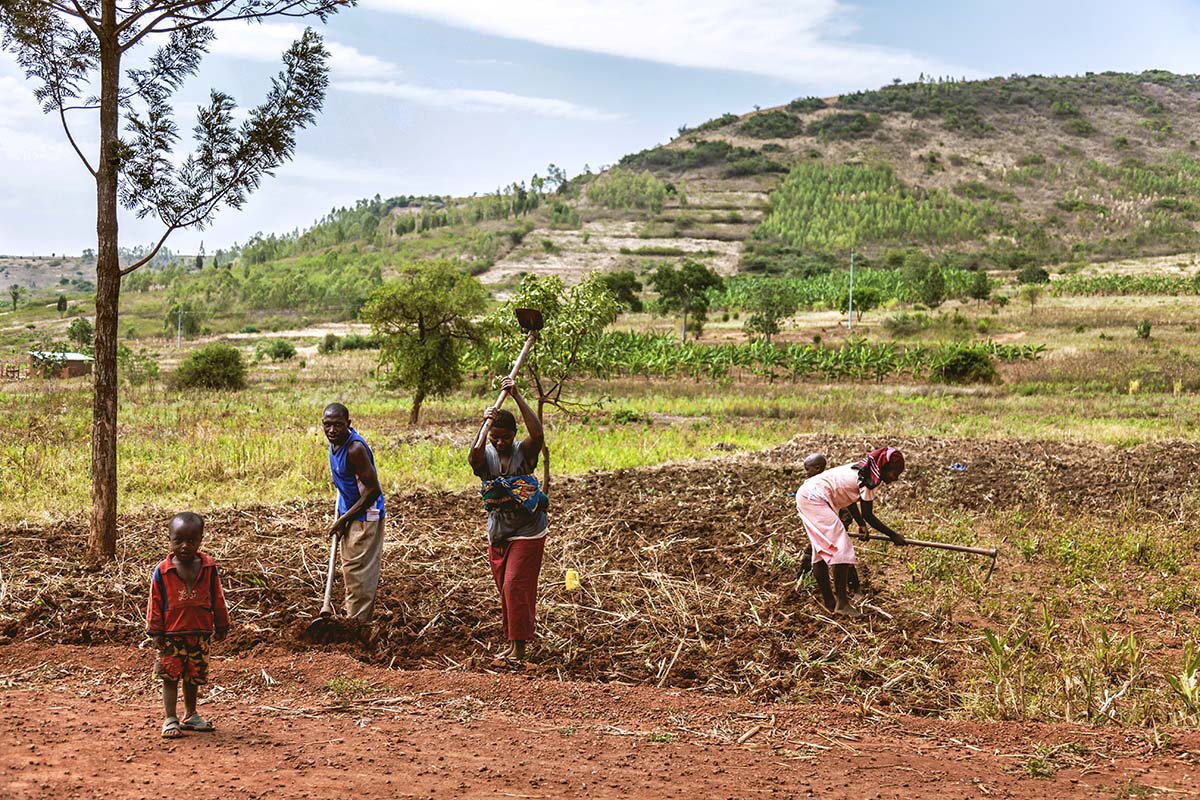“Leadership, youth, and a contemporary world”
October 3 Society has long held that elders should lead while youth wait on the sidelines, writes Munguongeyo Ivan, 24, a Commonwealth Correspondent from Kampala. He argues for a shift that will encourage youth to become leaders.
Society has long held that elders should lead while youth wait on the sidelines, writes Munguongeyo Ivan, 24, a Commonwealth Correspondent from Kampala. He argues for a shift that will encourage youth to become leaders.
For a long time, our societies have embraced the notion that leadership is meant for the elderly among us. Consequently, the youth have been ignored in the leadership processes of their countries.
However today, with the advent of modern technology and the increasing youth population worldwide, there is need to involve the youth in leadership.
The youth today face a lot of challenges which the elderly authorities in leadership too often seem to ignore or are not in touch with; and as a result a number of these youth feel their challenges are not being addressed. The unanswered question here is therefore “Who should address them?”
In most cases, experiences have shown us that many elderly people who assume power and leadership, especially in Africa, do not want to relinquish power. My worry as a youth is over questions such as when is the right time for us to be in leadership, and for how long shall we wait to be given the opportunity to be part of leadership and local governance?
I think much of the problem comes from within. We, the youth, have not done enough to take the leadership positions available despite other obstacles that are associated with taking such opportunities. Look at the different presidents in Africa, for example Robert Mugabe of Zimbabwe, Yoweri Kaguta Museveni of Uganda and the late Muhammer Gadaffi. These leaders fought and took power while in their youthful age, and they managed to win the battle; the battle of liberation of their countries from tyranny to peaceful states. It’s time that we carry on the torch.
Our youth of today are engulfed in many attitudinal challenges regarding their roles in addressing issues that surround them. At the centre of this problem lies low self-esteem, limited involvement in leadership roles, poverty, corruption, illiteracy, poor career guidance and counseling, among others.
We should support and train the youth in developing their ability to serve others, to analyse their own strengths and weaknesses, to appreciate the beauty that lies in diversity, set personal and professional goals, and have the self-esteem, confidence, motivation so as to tap their leadership potentials. Leadership requires creating a shared vision, building trust and confidence in others, and enabling others to act toward a common goal.
We should therefore focus on the practice of leadership rather than the theory. Young adults should be given the opportunity to practice what they learn. Youth should be encouraged to pursue their own interests, and help them integrate into their local communities.
Many young people aren’t typically thought of as leaders. To some extent this might be seen as true. Many of today’s youth not only lack experience and skills in leadership, but also many are too timid to assume leadership roles. But with the right attitude, an observant eye and a desire to learn, any young man or woman can take on leadership responsibilities and can do very well.
photo credit: RobBixbyPhotography JaxZoo_1-19-15-4480 via photopin (license)
…………………………………………………………………………………………………………………
About me: I am Munguongeyo Ivan, from Kampala, Uganda. I hold a Bachelor’s Degree in Development Studies from Makerere University and currently am pursuing Master’s Degree in Rural Development at the same University. My aim is to be a lecturer in the development studies discipline. I also have wide knowledge in serving local communities and specifically working with NGOs to improve on the welfare of the rural poor. I am currently a volunteer with an NGO called Hands of Love Foundation.
…………………………………………………………………………………………………………………
Opinions expressed in this article are those of the author and do not necessarily represent the views of the Commonwealth Youth Programme. Articles are published in a spirit of dialogue, respect and understanding. If you disagree, why not submit a response?
To learn more about becoming a Commonwealth Correspondent please visit: http://www.yourcommonwealth.org/submit-articles/
…………………………………………………………………………………………………………………






